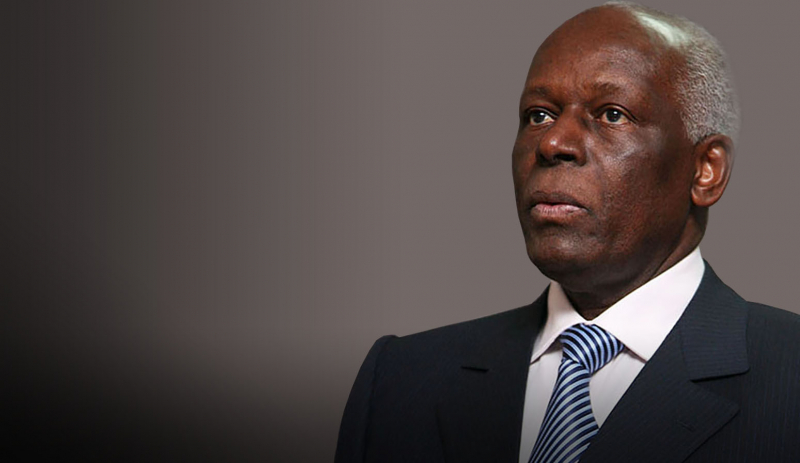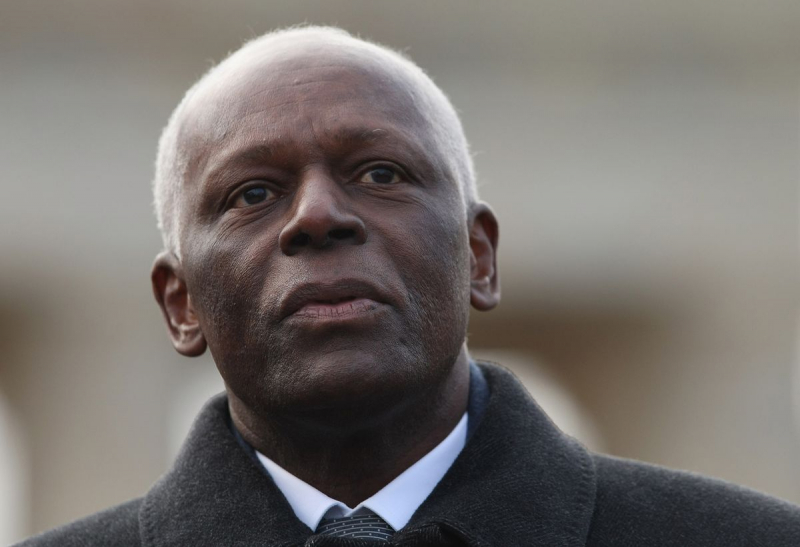José Eduardo dos Santos
José Eduardo dos Santos (28 August 1942 - 8 July 2022) was the President of Angola from 1979 to 2017. Dos Santos served as president, commander-in-chief of the Angolan Armed Forces (FAA), and president of the People's Movement for the Liberation of Angola (MPLA), the party that has ruled Angola since its independence in 1975. Considered among the most important historical figures in Angola, he was Africa's second-longest-serving president, trailing only Teodoro Obiang Nguema Mbasogo of Equatorial Guinea.
While still in school, Dos Santos joined the MPLA, an anti-colonial movement, and earned degrees in petroleum engineering and radar communications while studying in the Soviet Union. Angola was established in 1975 as a Marxist-Leninist one-party state led by the MPLA, following the Angolan War of Independence. Dos Santos held several positions in the government of Angola's first president, Agostinho Neto, including Minister of Foreign Affairs.
Following Neto's death in 1979, dos Santos was elected president, backed by the Soviet Union and inheriting a civil war with Western-backed anti-communist rebels, most notably UNITA. By 1991, his government had reached an agreement with rebels to establish a multi-party system while transitioning the MPLA's ideology from communism to social democracy. He was elected president of Angola in 1992, defeating UNITA leader Jonas Savimbi, and presided over free-market economic liberalization and the development of the country's oil sector. During the First Congo War in 1996, he helped lead a rebel invasion of neighboring Zaire, leading to the overthrow of UNITA ally Mobutu Sese Seko and the installation of Laurent-Désiré Kabila as President in 1997. During the Second Congo War, from 1998 to 2003, he backed Kabila's government, and later that of his son Joseph, against several UNITA-allied rebel groups. Following Savimbi's death, the MPLA won the civil war in 2002. He retired from the presidency in 2017, after winning a second presidential term in the 2012 election, and was succeeded as president by party-mate João Lourenço.
Dos Santos, a controversial figure, received numerous international awards for his commitment to anti-colonialism and promotion of peace negotiations with rebels to end wars, as well as for improving Angola's economy and attracting significant foreign investment. He was accused of being a dictator and of establishing one of Africa's most corrupt regimes, with a deeply entrenched patronage network.







